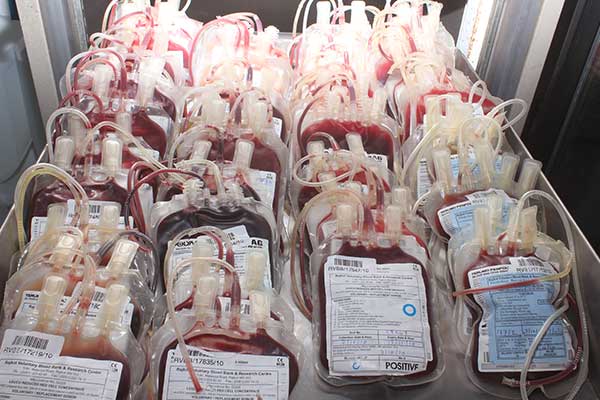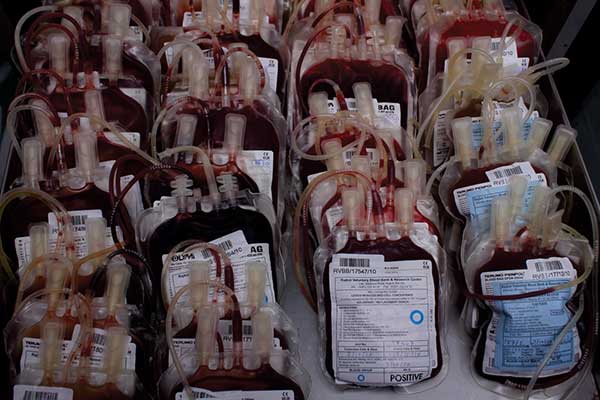Pooja*, a woman of 27 years was suffering from Post-Partum Hemorrhage (PPH). The doctor treating her advised to issue blood units on an emergency basis as she was continuously bleeding. Due to PPH, her hemoglobin and blood pressure was low, when she was transferred from her village in Rajkot district, Gujarat state.
Pooja was referred by her doctor to Life Blood Centre (LBC) for blood transfusion. She was transfused 34 units of blood in 48 hours. Despite her condition being severe, she could be saved, as blood was available when she needed. This could happen only because of voluntary blood donors who donate for a life-saving cause.
Pooja's life was saved and she was back to her home with her family.
There are many more such woman like Pooja who suffer from PPH, whose lives need to be saved.
Stand up for a cause! Donate blood, save lives!
Post-Partum Hemorrhage
Post-Partum Hemmorrhage is a condition where there is excessive bleeding, more than 500ml or 100ml blood loss in the first 24 hours following delivery.
Post-Partum Hemorrhage
- Increased heart rate,
- Feeling faint on standing up,
- Increased breath rate
- Low blood pressure/giddiness
Causes
- Uterine atony
- Trauma
- Retained placenta
- Coagulopathy
Prevention is better than cure
PPH accounts to 35-56% of maternal deaths in India. Prevention and control of PPH can play a significant role in saving lives of mothers.
Pooja* - name changed to keep the woman's identity intact



